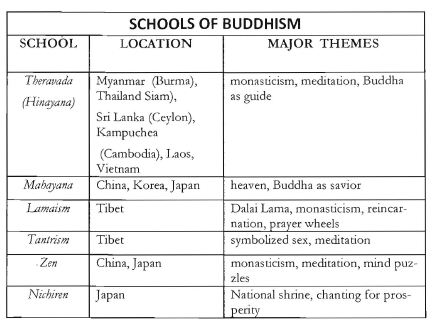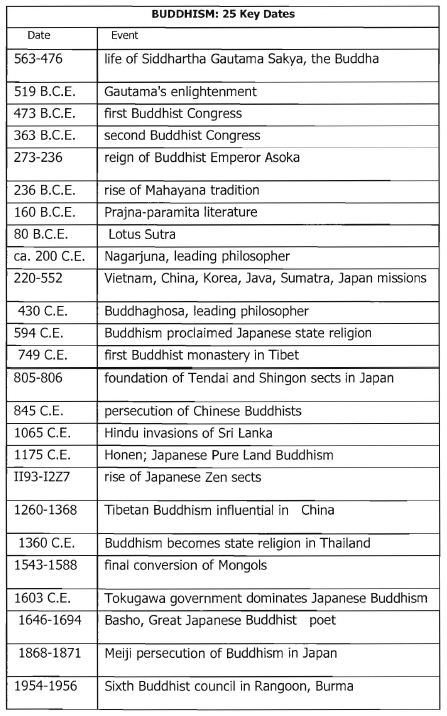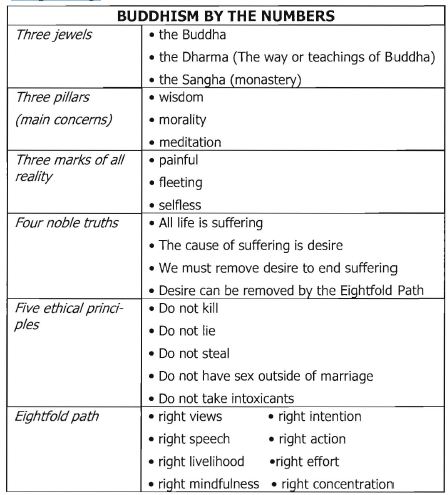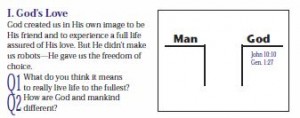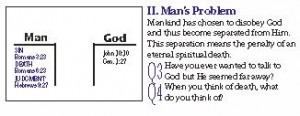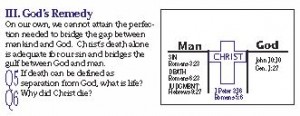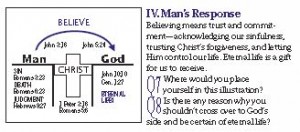Remember Buddhism grew out of Hinduism. So you will see similar elements in both – (reincarnation, meditation, yoga, nirvana, Gurus, etc.)
You might recognize some people who practice some form of Buddhism: Steven Seagal, Richard Gere, Martin Scorsese, Tina Turner, Adam Yauch, Oliver Stone, Courtney Love and Phil Jackson (Zen-Christian).
There are so many variations of Buddhism. Trying to narrow true Buddhism down is very difficult.
Background and History
-Who was Buddha? Buddha means “the enlightened one”. His full name is Siddhartha Gautama Sakya. (He might be referred to by anyone of those names, or just Buddha.)
-Buddha lived 563 – 476 BC He grew up in a wealthy family in India, who sheltered him from the unpleasantness and tragedies of life. He lived in a palace away from suffering. (On the outside world there were heated confrontations regarding the dominance of the priestly Brahmin class [Hindu]).
-When he came of age he was married and was content well into his late 20’s. During this time he ventured out of the palace and was shocked by what he saw – old age, disease, death, etc. It shocked him. How can life be filled with such pain and suffering!
-He was so distraught at what he saw that he renounced his wife, child, father and worldly goods to find an answer. He sought enlightenment. He sought out religious leaders, he starved himself, he did this for seven years. Frustrated with the teachings of the day he continued his search.
-It is said that he found enlightenment after 40 days of mediation under a tree. It is said that Mara, the personification of evil, came to tempt Buddha. Mara even deployed his daughters (Discontent, Delight, and Desire) to seduce the sage. But they failed and Mara withdrew.
-During this trance like state it is said that he: 1) Drew upon the knowledge of his previous lives; 2) He acquired the “Divine Eye”. Looking at the cycle of life – dying and rebirth/ reincarnation – good deeds begot good Karma and bad deeds begot bad Karma keeping one stuck in samsara (continuous suffering); 3) during this final stage he reached the peak of perception, attaining ” the extinction of samasaric existence”. During this time he grasped the Four Noble Trums and the Eightfold path to enlightenment.
-Buddhism spreads throughout Asia over the next several hundred years.
-Part of the reason why there are so many variations of Buddhism is the Buddhist scriptures were written 400 years after Buddha lived. They are known as the Tipitaka or Pali Canon. Tipitaka means “three baskets” and refers to the three sections in their scriptures. Prior to the written scriptures his teachings were passed on verbally. As a result each group held to its own oral traditions. Additionally Buddha stated, “abolish all the lesser and minor precepts” Unfortunately, he never identified what these were, leading to great confusion among his disciples and the sects.
-The three sections are called:
1) Vinaya Pitaka – the disciplines of Buddhist monks, 227 rules to live by;
2) Sutta Pitaka – teachings of Buddha on the four noble truths and eightfold path, and the stories of Buddha’s previous lives;
3) Abhidhamma Pitaka – the philosophy that underscores how Buddhists understand the meaning and purpose of life.
Beliefs of Buddhism
As I mentioned there are hundreds of sects of Buddhism. They actually have opposing ideas on theology and practices. So to try to summarize the beliefs is a difficult task.
Here are some general ideas that most Buddhists agree with.
The goal of Buddhism is to empty oneself of all suffering to reach Nirvana. For most Buddhists that means to cease to exist – the ultimate state of peace. Others would describe it as being one with the universe.
Reincarnation is not looked upon as positively as in Hinduism. The Buddhist regards being reincarnated as still being stuck in the negative cycle – still experiencing suffering.
Talking with a Buddhist
Part of the problem of reaching out to a Buddhist is knowing what type of Buddhist they are. There are hundreds and hundreds of different types of Buddhists. As we talk with them we need to give them things to think about. We need to ask a lot of questions and do a lot of reflecting on ideas. Remember they are on a path to enlightenment. We want to enter into that process.
As an Ambassador of Christ we need to build a bridge to the Buddhist. I would start with the things we have in common. (There is suffering in this world. We both desire to bring peace to mankind. We have some common moral standards.)
I know that some Buddhists try to blend the religions. I find that difficult because of contrasting views on key issues.
-Christianity teaches there is one God. (Matt. 28:19,john 17:3, Isa. 43:10-11) Buddhism teaches both an atheistic view and polytheistic view of God.
-Christianity teaches that salvation comes through faith in Christ death & resurrection for our sins. (Romans 10:8-9, Eph. 1:7,2:8,9) Buddhism teaches “salvation/nirvana” comes through enlightenment by works. You seek to elevate ignorance and squash all desires.
-Christianity teaches there is an afterlife. John 3:16, 14:1-6; Matt. 25:31-46) Buddhism teaches a state of Nirvana – non-existence or being one with the universe.
-Christianity teaches you die once and after comes judgment. (Hebrews 9:27 -28) Buddhism teaches reincarnation.
Buddha stated, “Don’t take what I’m saying [on my own authority], just try to analyze as far as possible and see whether what I’m saying makes sense or not. If it doesn’t make sense, discard it. If it does make sense, then pick it up.” The Buddha’s perception into the Three Existences of Life,” Seikyo Times, Dec. 1978, p. 7.
I am struggling with the following ideas. Some appear to be contradictions. Maybe you can explore them with me.
-Buddhism teaches reincarnation but denies the soul, what is being reincarnated?
-Bodhisattvas (ones who seek compassion and enlightenment) vow to work for the enlightenment of all beings; fully knowing such beings never existed to begin with. Life is an illusion. So, how can one grant wisdom to those who have compassion on non-entities?
– By definition, sense perceptions do not exist in nirvana. What then exists to perceive nirvana?
-The goal of Buddhism is end the suffering cycle. Yet in Buddhism the individual is an illusion. If the individual is an illusion and there is no soul what is being ended?
-Part of process to end the cycle of suffering is to remove all desire. How do you remove desire when you desire to remove desire?
– Buddhism promises a long and arduous road toward non-existence in Nirvana. How does that bring hope and peace to you?
Share the hope that is within hope. The Bible teaches:
-God looks throughout the earth for hearts that are His. 2 Chronicles 16:9
-Mankind has sinned. They have rebelled against God. The cost of our sin is separation from God. (The pain and suffering we experience comes from sin.) Romans 3:23, Romans 8:18-22
-However, Christ paid penalty for our sins by dying on the Cross. Through His death and resurrection we have the opportunity to enter into a relationship with God both here on earth and in heaven. Romans 5:8, 6:23; Ephesians 1:7,8
-Through faith in his death and resurrection we can enter into a relationship with God. We can’t earn our salvation. Romans 10: 8,9; Eph. 4:8,9
-We express our faith and gratitude by honoring Him by the way that we live. James 2: 14-19
-Jesus communicated that there is eternal life and that He is light of the world. He has prepared a place for his followers. John 3:16, 17:3, 8:12, 14:1-6)
Compiled by Dave Friese
Resources:
Introduction to World Religions: Ways to the Center by Carmody and Brink
Evangelizing the Cults by Enroth
Encyclopedia of Cults and New Religions by Ankerberg and Weldon

